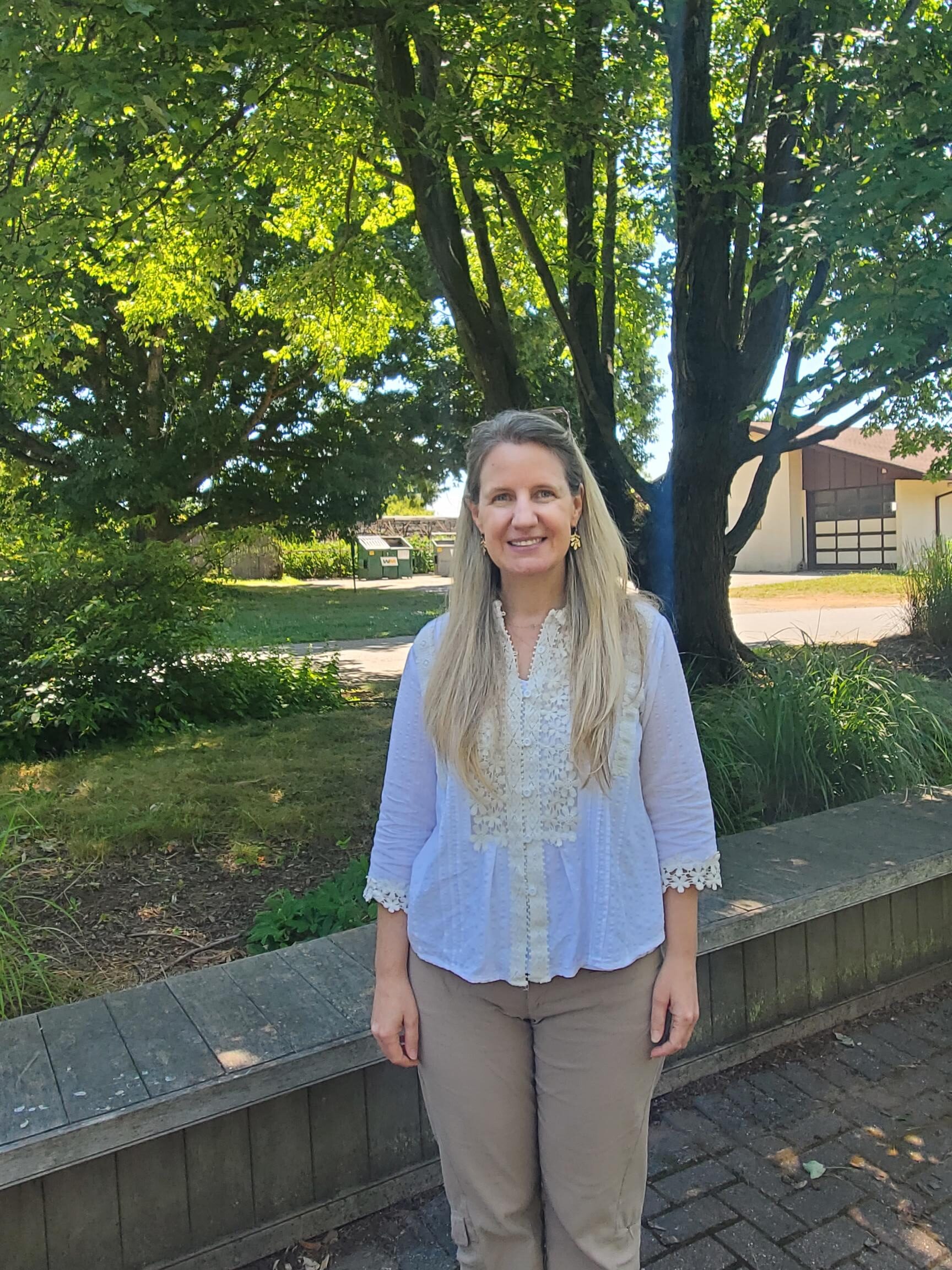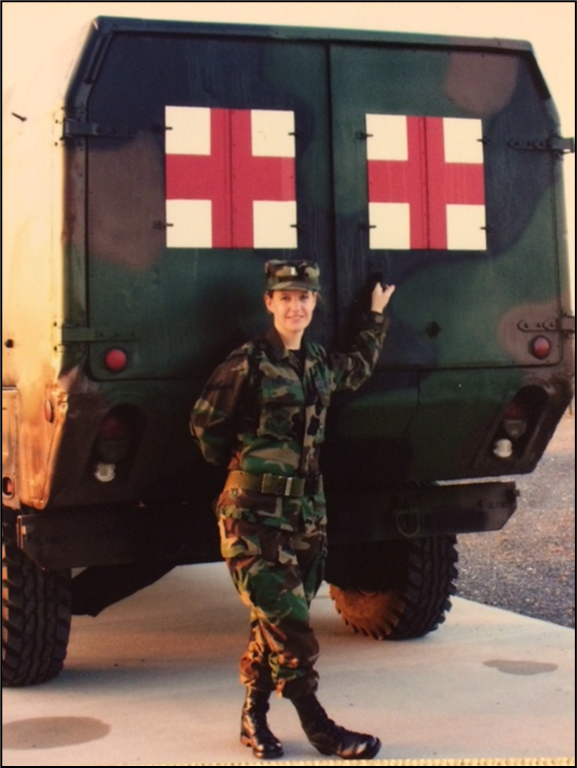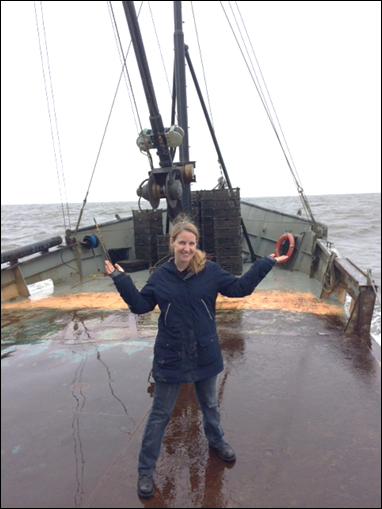Main Content
From the military to shellfish, EPH alumni and instructor Virginia Wheatley shares her professional journey and sage advice.

You can never stop learning because this profession is always evolving.
– Virginia Wheatley
Virginia Wheatley’s journey to the Rutgers Environment and Public Health (EPH) Program in 2005 was anything but conventional, with a background in liberal arts, teaching, and four years of public health experience in the military. Her path began in the Air Force, where she gained exposure in various public health specialties. She recalls, “As a public health technician, I learned to do inspections. I worked in several areas of public health, including emergency preparedness, occupational health, communicable diseases, food safety, and deployment medicine, which focused on public health threats for deploying troops.” This experience led her to pursue a graduate degree in Public Health at Rutgers University and then enroll in the EPH program, a gateway to career opportunities in public health inspection.

Since completing EPH, Wheatley’s career has flourished, from her role on the emergency preparedness team at the Hunterdon County Health Department to her current position as an Environmental Scientist 4 at the New Jersey Department of Health (NJDOH). Her responsibilities now include overseeing the Shellfish Project, which ensures that wholesale New Jersey dealers handle shellfish under safe and sanitary conditions, a role she transitioned into after years of conducting routine shellfish and other inspections.
Wheatley’s dedication to education and professional involvement propelled her to create the widely distributed document “Parts of a Food Label,” which explains the basics of packaged food labeling regulations to business owners in 13 different languages. In addition, she currently serves as the President of New Jersey Environmental Health Association, with her two-year term ending on September 25, 2024. She emphasizes the importance of continuous learning and networking within the environmental health profession. She states, “You can never stop learning because this profession is always evolving.”
To be successful in the field of environmental health, Virginia stresses the importance of maintaining an open mind, utilizing strong observation and communication skills, and staying connected with industry peers. “We have people from all over the world who run businesses we regulate. It’s beneficial if an inspector speaks other languages; if not, I encourage them to ask questions. Be open to learning from anyone, including industry representatives,” she says.

Her dedication to education and mentorship is evident in her completion of a second graduate degree, a Master’s in food safety. She also returned to the EPH program as an instructor, where she focuses on the significance of over-learning to understand the big picture. “I provide additional information and share stories with my students because I strongly believe that as a REHS, you need to over-learn in order to understand the why behind the what and the how.”
Virginia emphasizes the rewarding nature of a career in public health, highlighting the significant impact public health professionals make at all levels. She emphasizes, “We are an invisible workforce. Our impact on the health of our communities is underappreciated and cannot be accurately quantified. The reward is in simply knowing that we do indeed make a significant impact.”
Also, an adventurous world traveler, animal lover, and voracious reader, Virginia Wheatley’s journey from an unconventional background to a successful career in environmental health exemplifies the opportunities available to those who successfully complete the Rutgers EPH program. Aspiring students are encouraged to apply for the program, where they can benefit from the guidance and expertise of instructors like Virginia Wheatley and embark on a rewarding career path in this dynamic field that positively affects all our lives.